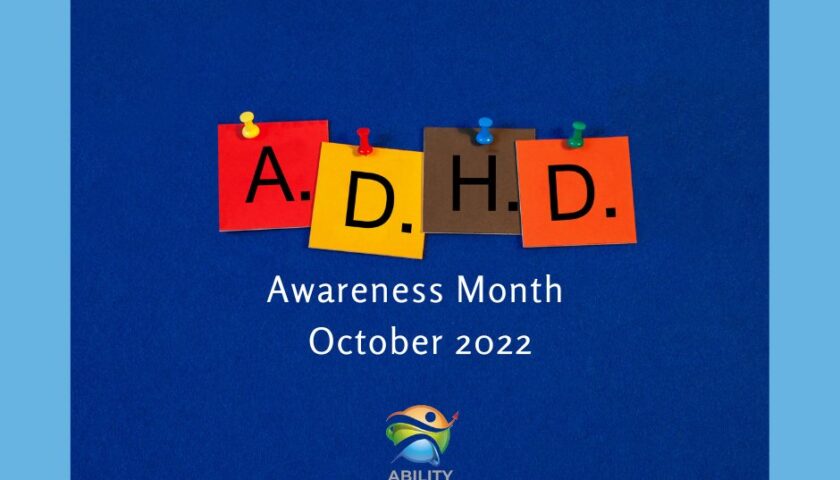With social media platforms at our fingertips in the fast-paced world of the digital era, social media has become an essential part of our everyday lives. These platforms, which range from Facebook to Instagram, Twitter to TikTok, provide means of expression, connection, and communication. But underneath the surface appeal of likes, shares, and follows, there’s a more sinister side to social media use that affects mental health, especially anxiety. This article explores the complex relationship between anxiety and social media, examining its mechanics and providing advice on navigating the digital world for better mental health.
Anxiety on Social Media Is Growing
People live in a world where carefully selected glimpses into the lives of others are continuously thrust upon them due to the widespread use of social media. These platforms’ highlight reels frequently portray false ideals of pleasure, prosperity, and beauty, making users vulnerable to feelings of comparison and inadequacy. Extensive research reveals a noteworthy association between symptoms of anxiety and depression and excessive usage of social media.
The issue of “social comparison,” which occurs when people constantly compare their lives to the seemingly ideal portrayals of others, is one of the main causes of anxiety brought on by social media. This can lead to feelings of inferiority and self-doubt. Furthermore, maintaining an idealized online identity can be extremely stressful, which exacerbates worries about one’s acceptance by others and self-image.
The Dangers of Optimism: The Effect of Selected Reality
Because users may create polished representations of themselves and their experiences using filters and editing tools, social media platforms are notorious for encouraging a perfectionism-based society. Even though these improvements might appear innocuous, they help create a skewed understanding of reality by making it harder to distinguish between fabrication and authenticity.
The pervasiveness of filtered realities feeds a vicious cycle of comparison and validation-seeking behavior in addition to making feelings of inadequacy worse. In order to get likes and affirmation, users might feel pressured to continually edit their online presence, which would increase their anxiety over their social status and sense of worth.
The Anxiety and Validation Feedback Loop
Social media platforms have built-in feedback mechanisms like likes, comments, and shares that have a big impact on how people behave and feel about themselves. Receiving likes and encouraging comments right away can give rise to a dopamine surge, which intensifies the need to use social media to get validation.
However, when users grow more dependent on outside validation for their sense of self-worth, this need for validation can easily turn into a cause of worry. People carefully control their online presence and track the response of their posts out of a deep fear of rejection and criticism. This creates a vicious cycle of anxiety and validation-seeking behavior.
The Fear of Missing Out, or FOMO
Another powerful factor contributing to anxiety brought on by social media is the Fear of Missing Out (FOMO). Users are deluged with photos of social events, trips, and life milestones as they read through their feeds; many of the photos have words that emphasize the joy and excitement of the moment.
Feelings of loneliness and inadequacy can arise from FOMO, as people believe they are left out of the exciting and rewarding experiences that are presented online. Because they are afraid of missing anything, people who have this FOMO may become obsessive social media users, constantly checking in on the newest happenings and developments to avoid falling behind.
Techniques for Handling Social Media Fear
Although there is no denying the prevalence of anxiety brought on by social media, people can take the following actions to lessen its effects and promote a positive relationship with digital platforms:
Set Boundaries:
Limiting excessive use of social media and reducing overwhelm symptoms can be achieved by establishing explicit guidelines for usage. Set aside specific times to check your social media accounts, and don’t waste time scrolling aimlessly afterward.
filter Your Feed:
Be proactive and unfollow accounts that make you feel bad or encourage comparison in order to filter your social media feed. Adopt accounts that support mental health, optimism, and genuineness.
Practice Self-Compassion:
Remind yourself that social media merely offers a well selected view into other people’s life, frequently stripped of all the intricacies and difficulties they may be going through. Accept imperfections and give self-care more importance than looking for approval from others.
Engage Mindfully:
Prioritize quality over quantity when it comes to social media involvement. Rather than merely absorbing information, participate in postings that speak to you and help you build deep relationships with other people.
Consider Digital Detoxes:
Disconnecting from social media on sometimes might offer much-needed relief from the never-ending flood of stimuli and information. Make the most of this time to maintain in-person connections and engage in offline activities.
In summary
In conclusion, social media presents serious risks to mental health, especially by encouraging anxiety and self-doubt, even as it presents never-before-seen possibilities for connection and self-expression. Through comprehension of the mechanisms that underlie anxiety generated by social media and application of practices for mindful participation, people can recover authority over their digital encounters and foster a more positive connection with social media. Keep in mind that your value goes much beyond the number of likes and followers you receive; put your mental health first.
Instead of falling victim to social media’s comparison and anxiety traps, we may harness the power of social media as a tool for empowerment and connection if we make a deliberate effort to traverse the digital terrain with intentionality and self-awareness.





